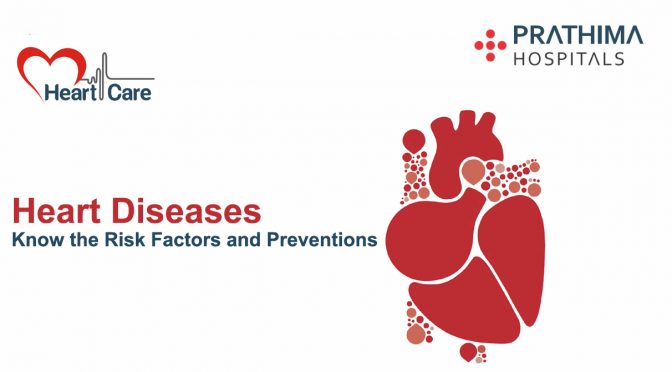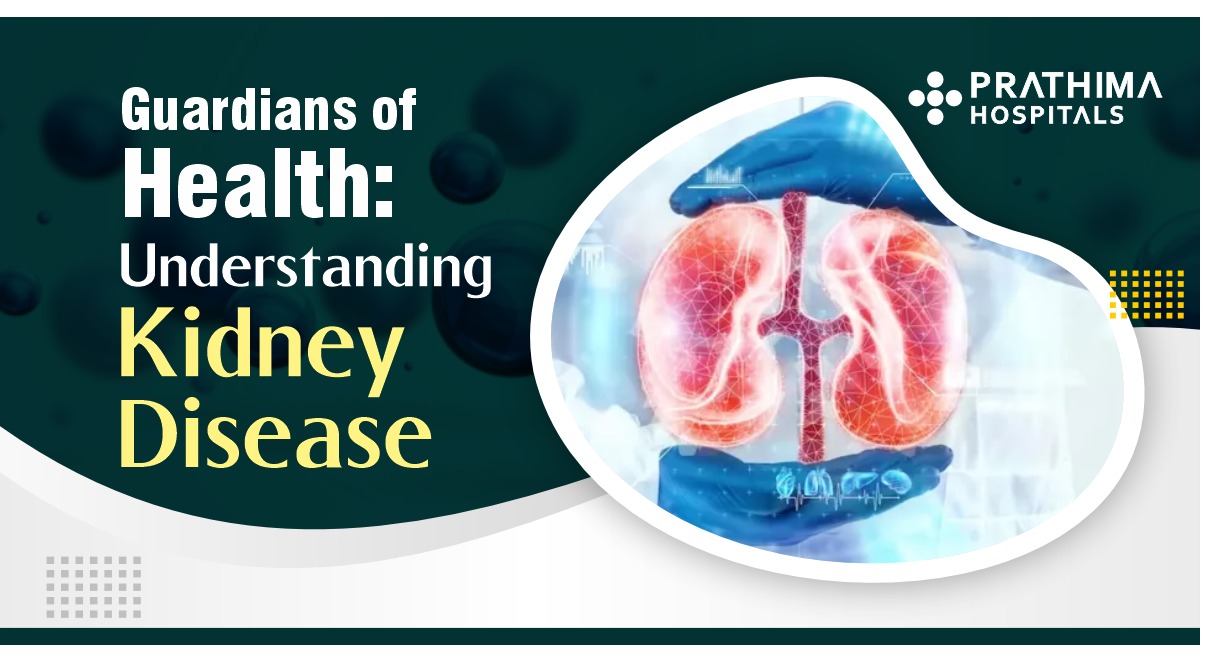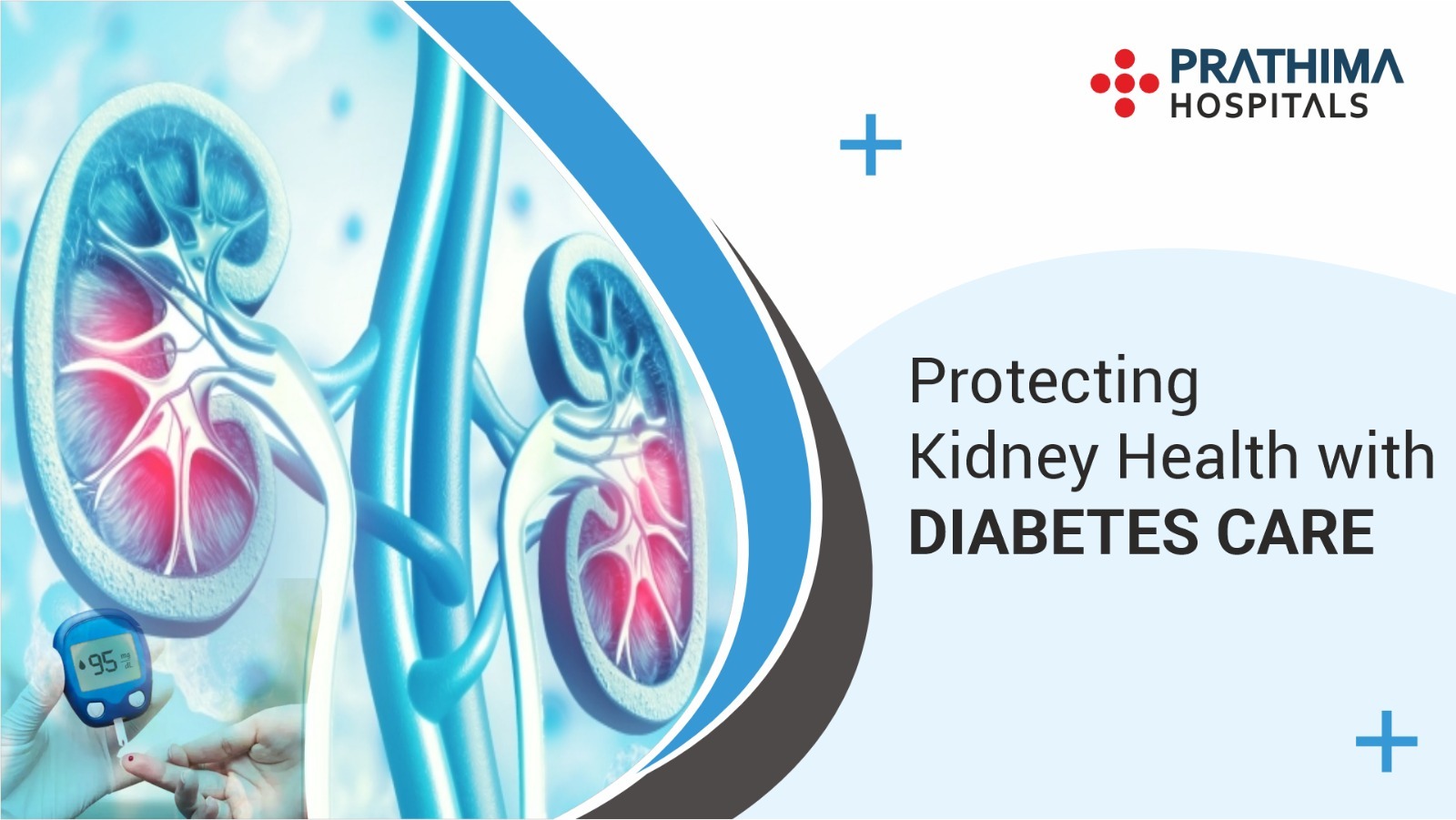Heart Diseases – Know the Common Symptoms, Causes and Treatment Options

Cardiologist in Hyderabad
Heart disease is one of the most common causes of deaths in India. It can affect people of any age group including children.
What are the risk factors for heart disease?
Risk factors for heart diseases commonly include
- Smoking
- Unhealthy diet
- Inactivity for prolonged periods
- High blood pressure
- High levels of cholesterol in the body
How can we prevent heart diseases?
Exercising regularly can prevent the risk of developing heart diseases. Doing at least 30 minutes of daily physical activity can reduce the risk of developing heart diseases. The other factors which help to reduce the chances of various heart problems include
- Being more active
- Quit smoking
- Having a regular blood pressure checkup
- Maintaining a control level of blood pressure and blood sugar levels
- Taking a healthy diet
- Controlling the blood cholesterol levels
- Proper controlled weight loss as advised by a doctor
- Having sufficient sleep
Being physically inactive can increase the risk of developing heart diseases by 50%. Heart muscle like any other muscle in the body needs sufficient physical activity to efficiently pump blood in the body. If there is no regular physical activity the body gradually loses its strength, stamina and its ability to function normally which can lead to various ailments in the body. Regular exercising can also provide other health benefits like increasing immunity, reduces the risk of high blood pressure, diabetes, stroke, reduces conditions like stress, tension, depression and improving the overall wellbeing of a person. It can also help a person to lose weight.
Regular exercise like swimming, playing any sport or everyday activities like gardening can improve an individual’s health. Walking, in general, is a very good option which can be done by anyone without any training or support from others. Regular exercising like walking will make a person breathe harder, which increases the heartbeat and improves the functioning of the heart.
Getting health checkups done regularly, maintaining a healthy state of mind and body, visiting a doctor immediately after any physical discomfort, following the advice of the doctor can prevent the risk of developing heart problems and will help in leading a happy and healthy life. Cardiologist Hospital in Hyderabad.
Cardiologist in Hyderabad





